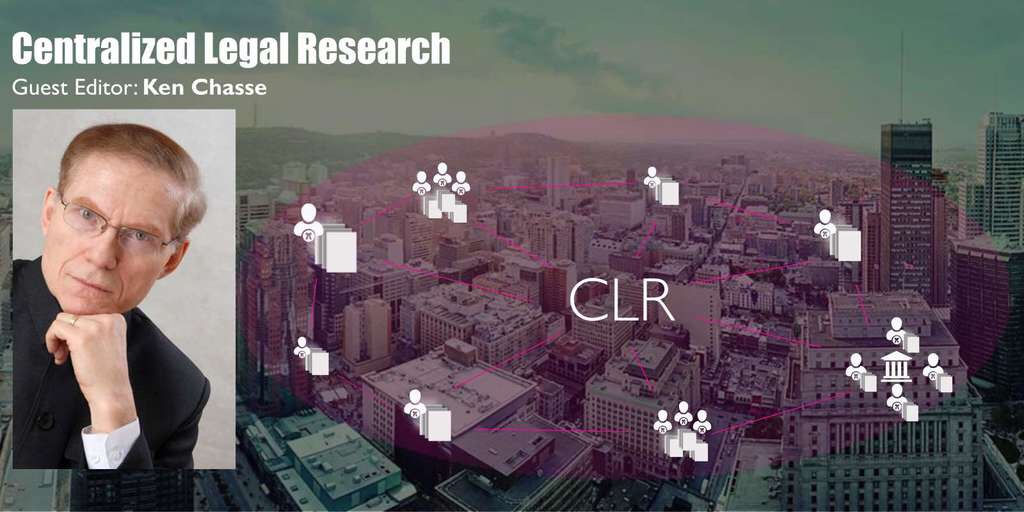Why Agentic Retrieval-Augmented Generation Trained in Legal Reasoning is a Game-Changer
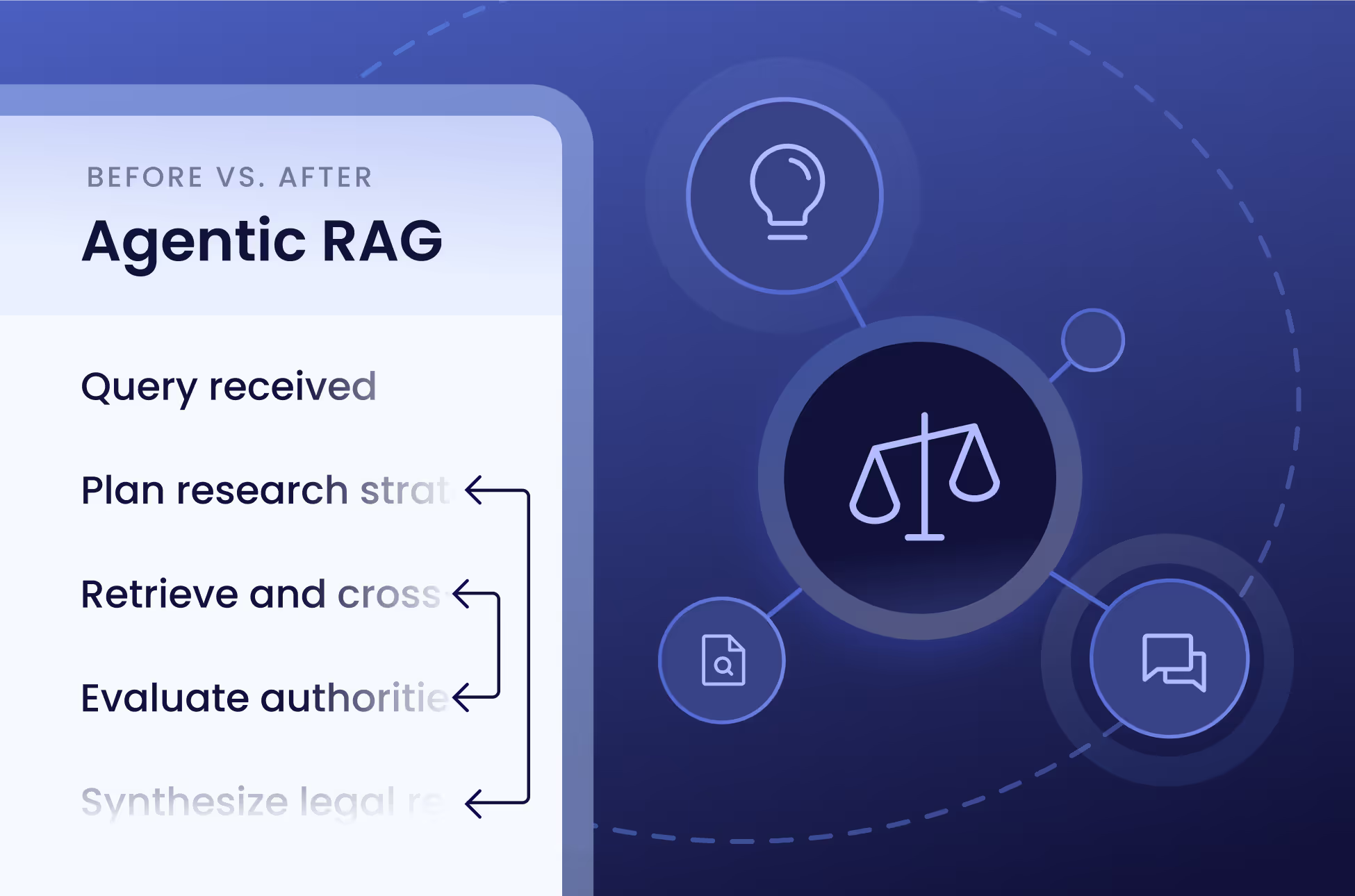
Understanding the transformative impact of Agentic Retrieval-Augmented Generation (RAG) over traditional RAG is crucial for maximizing AI-driven legal reasoning automation tools such as Alexi. But to truly grasp its potential, we must look at what happens when Agentic frameworks are specifically designed for legal research and legal reasoning.
Here’s why it matters:
1. Legal Research is Inherently Complex and Multi-Step
Legal professionals engage in a multi-faceted legal reasoning process, a complexity that legal reasoning automation tools like Alexi are designed to simplify. The sophisticated process involves:
- Checking primary sources such as statutes, regulations, and case law.
- Analyzing relevance and how a given source may or may not apply to the current matter.
- Evaluating authoritativeness by considering court hierarchies and jurisdictional relevance to ensure the case law applies to the specific region or legal framework.
- Synthesizing multiple authorities into a coherent legal argument that stands up in court.
This multi-step reasoning process, vital to legal research, is something traditional RAG struggles to fully support. While traditional RAG systems can retrieve a list of relevant cases, they fall short in providing a holistic, interconnected reasoning framework that legal professionals rely on.
Here is where Agentic RAG makes a significant difference.
It doesn’t just pull the first relevant case. It thinks like a lawyer, emulating legal reasoning processes:
- Planning research strategies - It understands the sequence of steps required for thorough legal analysis.
- Cross-referencing multiple sources - Instead of presenting isolated pieces of information, it integrates data from various legal authorities.
- Building a chain of reasoning - It presents findings in the context of a well-reasoned legal argument, not just a list of citations.
- Determining the order of analysis - It understands which sources are most relevant at different stages of the argument.
This capability transforms the AI into a comprehensive legal assistant, offering structured and thoughtful analysis tailored to the complexities of legal reasoning.
2. Access to Up-to-Date Law is Essential
In the legal world, recency and authority are non-negotiable. A single update to a statute, an overturned precedent, or a revised regulation can completely alter the outcome of a case. Consider the following:
- A statute could be amended yesterday, making prior interpretations outdated.
- A case might have been overturned last month, rendering its use in legal arguments problematic.
- A regulation may be updated quarterly or even more frequently, impacting legal compliance.
Relying on an AI system that uses static, outdated training data is legally dangerous. A lawyer who cites outdated law can jeopardize their client’s case.
Agentic RAG continuously integrates with live, authoritative legal sources to ensure up-to-date legal analysis. This includes:
- Current case law
- Updated statutes
- Fresh regulations
This integration ensures that the research performed by the AI is always aligned with today’s law — not just the law of last year or last decade. The result? The AI doesn’t simply find the best possible answer — it finds the correct answer based on the current state of the law, ensuring that the advice or argument is legally sound and up-to-date.
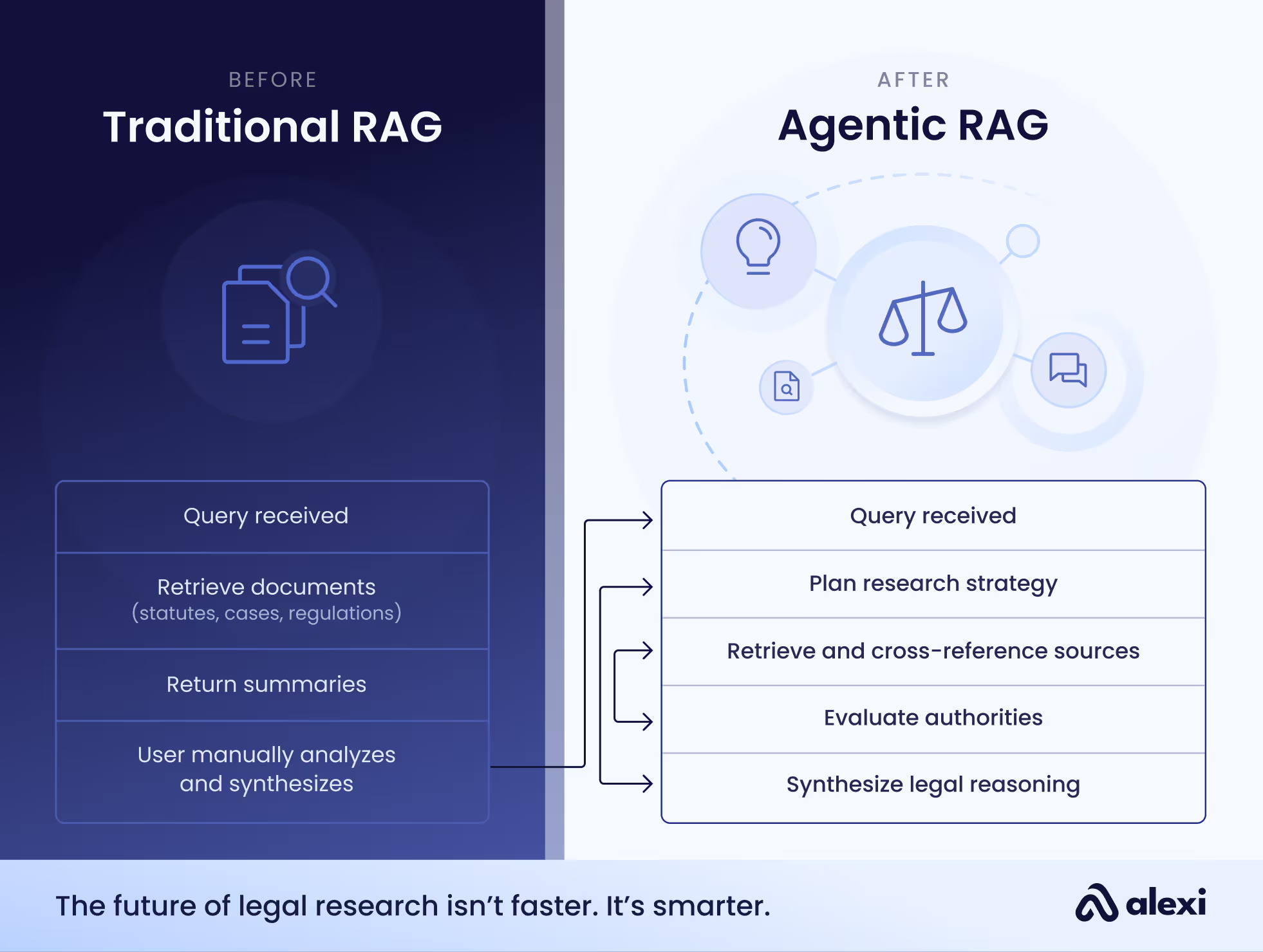
3. Human-Trained Legal Reasoning Makes All the Difference
Raw access to law is not enough. To truly transform legal research, an AI must understand how lawyers think. Legal reasoning is more than finding relevant cases — it’s interpreting statutes through established canons of construction, distinguishing or analogizing precedent, and anticipating counterarguments. These are the mental moves that define effective legal analysis.
The strength of Agentic RAG lies in the fact that it’s not just a database of documents but an AI framework tuned by legal professionals for legal professionals. It applies the following core competencies:
- Framing legal issues precisely - Understanding how to break down complex legal scenarios into clearly defined issues.
- Evaluating authorities with the judgment that lawyers bring to the table — assessing not just relevance, but strength and applicability.
- Structuring responses in a legally sound manner - It doesn’t just summarize information; it crafts responses that are legally coherent and argue from authority.
In practice, these capabilities have proven transformative. For instance, law firms have used Agentic RAG to draft litigation strategy memos that identify persuasive precedent, or to analyze regulatory frameworks for emerging industries like fintech and AI governance. In each case, the system goes beyond retrieving data to producing legal reasoning that mirrors how an experienced attorney would think through the issue.
Crucially, human oversight remains central. Legal experts continuously review and refine the model’s reasoning, ensuring its outputs align with professional standards of accuracy and argumentation. This iterative collaboration between human lawyers and AI ensures that every insight generated is not only fast and comprehensive, but also trustworthy and ready for real-world application.
The result? You get legal analysis that reasons like a lawyer, ready to be applied directly in practice.
4. Real-World Impact: Speed, Quality, and Confidence
By combining agentic reasoning with access to live legal data, Agentic RAG delivers tangible benefits for legal professionals:
- Speed - What once took hours of manual research now happens in minutes. Agentic RAG can quickly sift through vast amounts of data, identifying the most relevant sources without cutting corners.
- Quality - The answers it provides are grounded in the latest legal texts, structured logically, and legally sound. It’s not just a list of plausible solutions — it’s a well-argued, reasoned analysis that could be presented in court.
- Confidence - Lawyers can trust the AI’s work because it’s based on real sources, retrieved thoughtfully, and reasoned in line with how a human legal professional would approach the problem.
It’s Not About Replacing Lawyers — It’s About Supercharging Them
The integration of Agentic RAG into legal workflows doesn’t replace lawyers; it amplifies their capabilities. By automating the heavy lifting of legal research and synthesis, Agentic RAG frees up lawyers to focus on the higher-order tasks of strategic thinking, client interaction, and courtroom representation. This synergy between human expertise and AI-driven research leads to faster, more reliable, and more cost-effective legal services.
Final Thought: The Future of Legal Research Isn’t Just Automated — It’s Agentic
When trained in legal reasoning and connected to live legal sources, Agentic Retrieval-Augmented Generation represents a seismic shift in legal technology. It’s not just faster. It’s not just more comprehensive. It’s smarter — integrating real-world legal judgment into every step of the process.
For law firms, legal departmentsand their clients, this technology means better work, delivered faster, with greater confidence in its accuracy. The future of legal technology isn’t about automation in the traditional sense. It’s about using agentic AI to enhance legal professionals' abilities and deliver results that are faster, more accurate, and based on today’s law.
Firm-wide legal intelligence.
In your control.
Meet with our team to explore how Alexi can be deployed privately for your firm — secure, isolated, and tailored to your workflows.

.jpg)
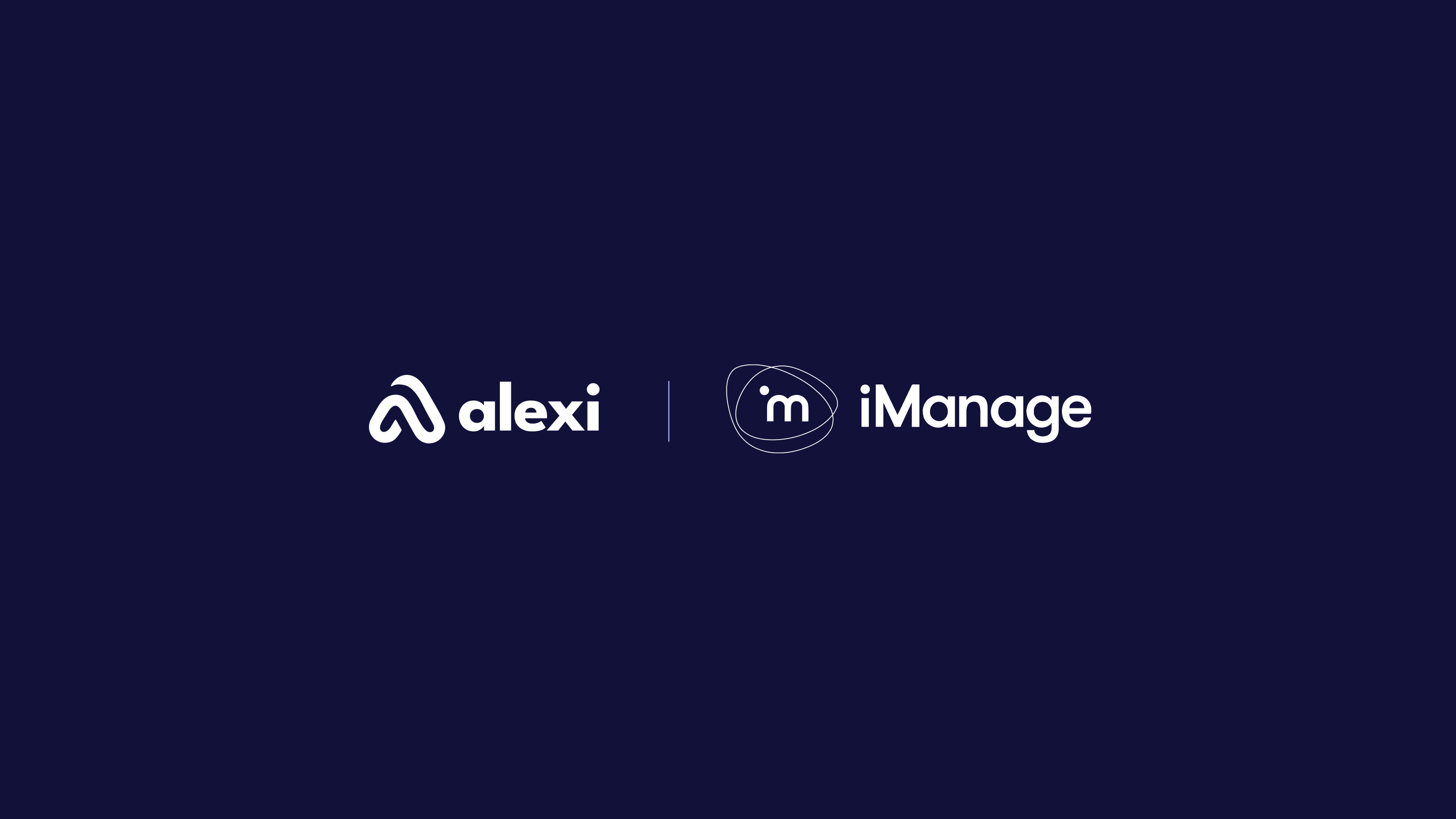

.png)
.avif)
.avif)
.avif)


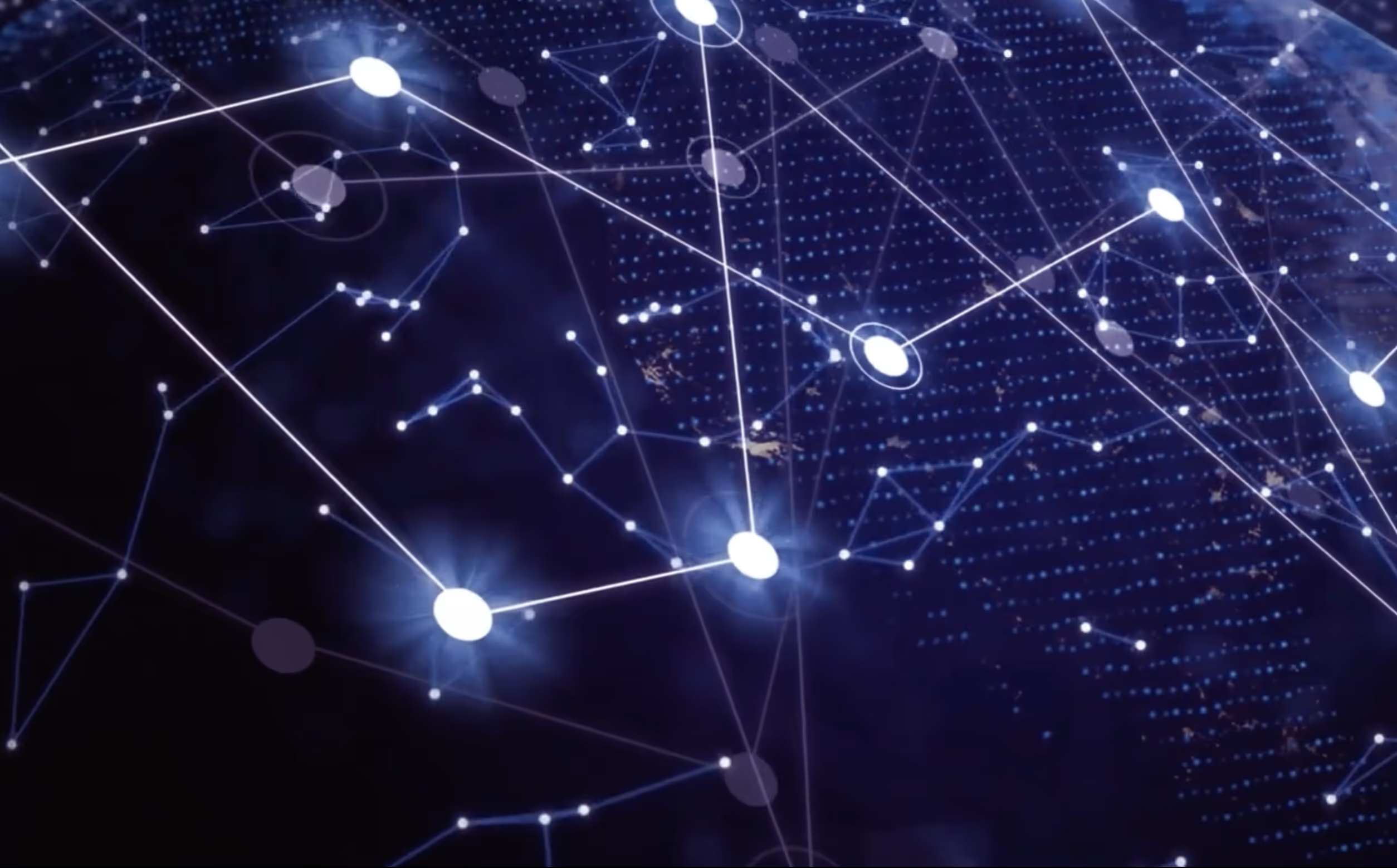
.avif)

.jpeg)

%2520(1).jpeg)


.avif)

.avif)
.avif)
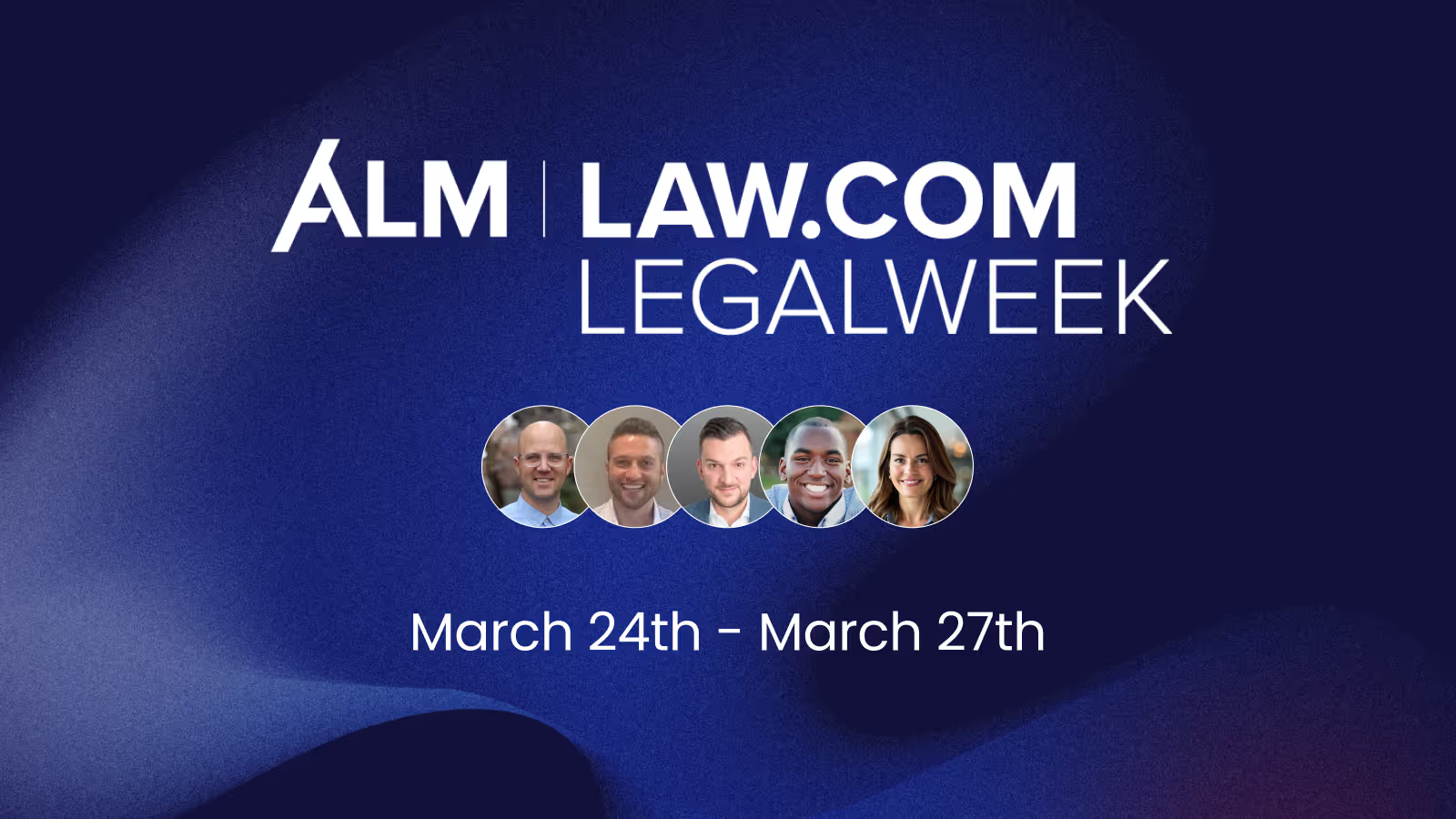

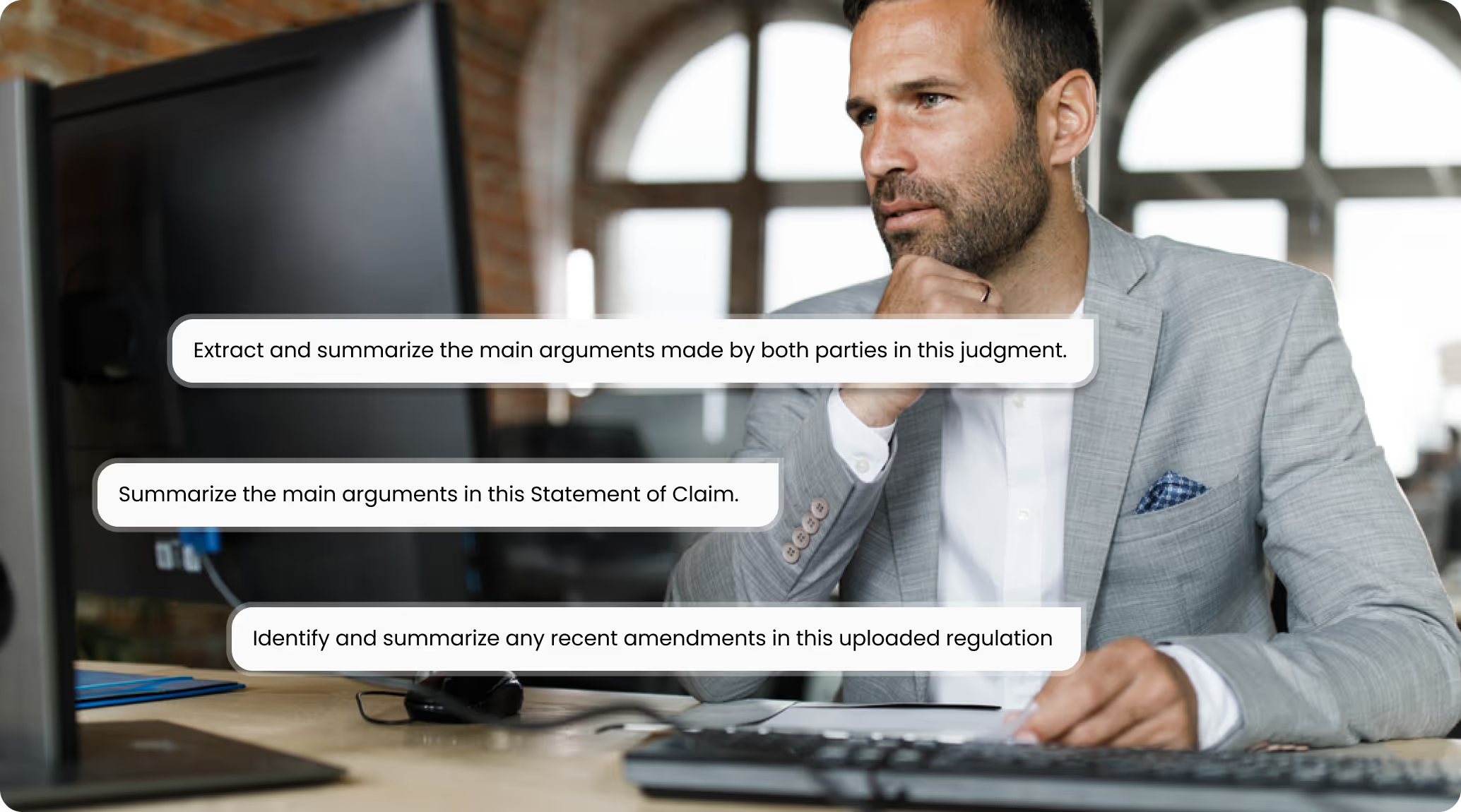
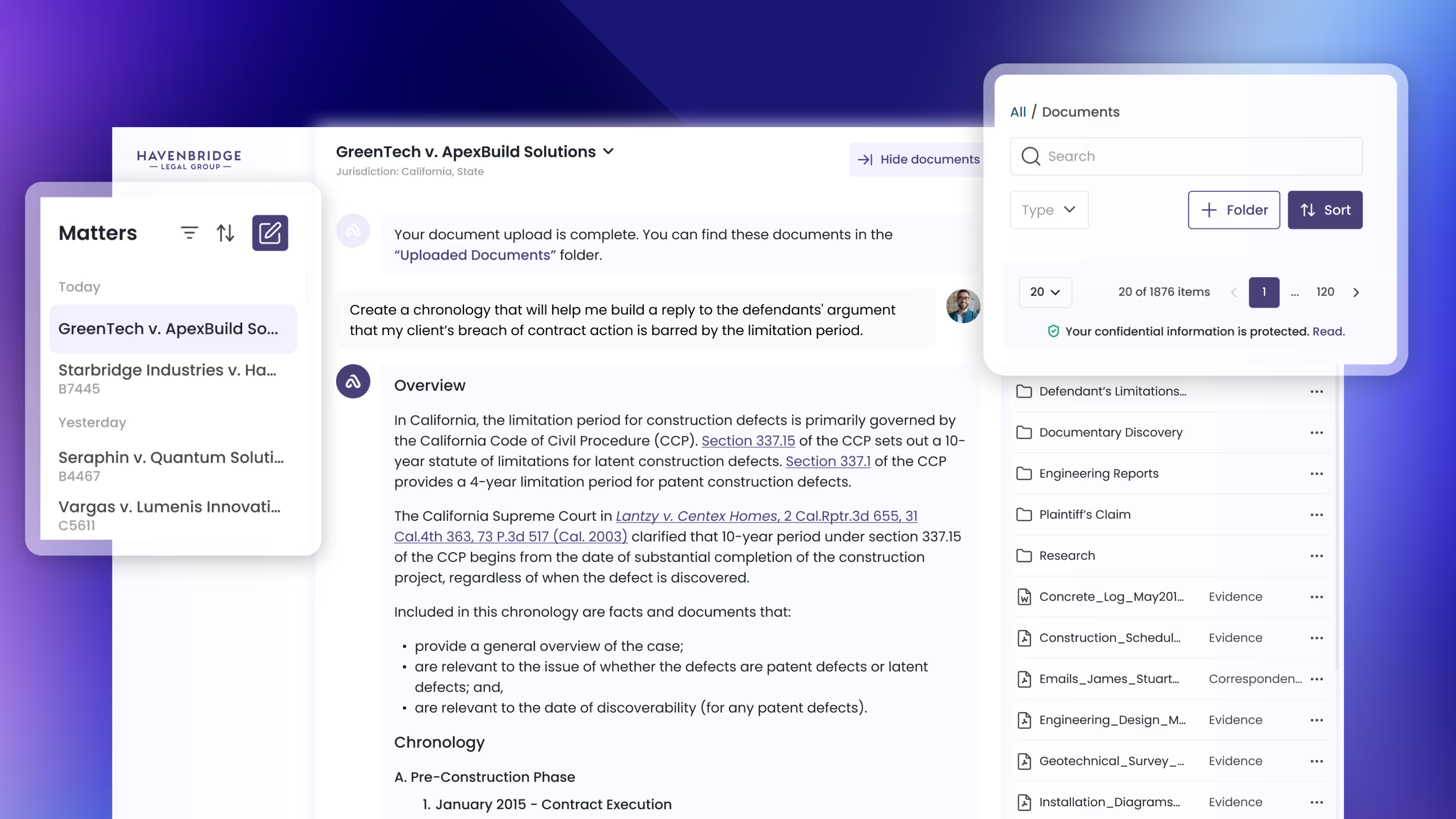
.avif)
.avif)

.avif)
.avif)
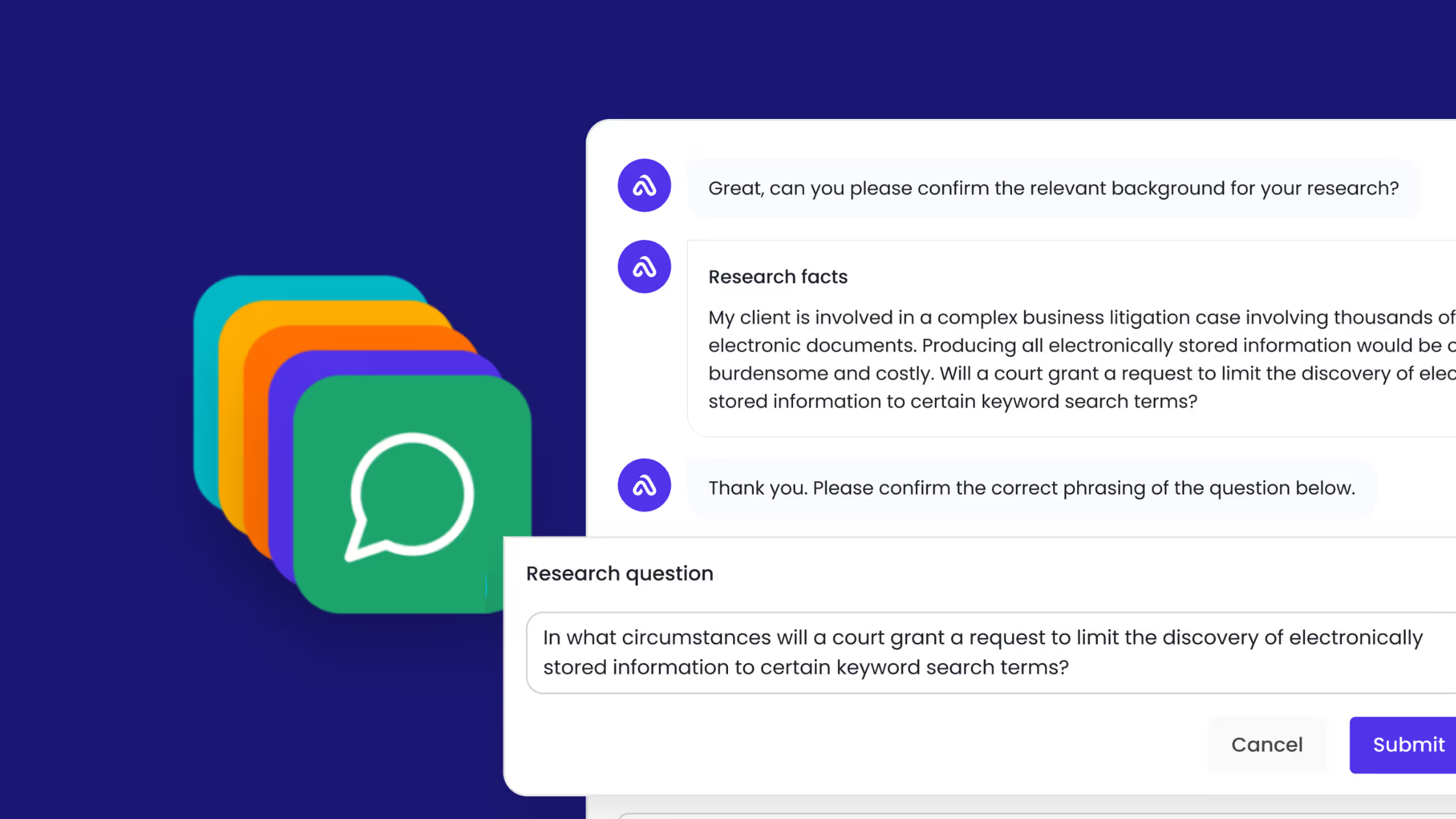


.avif)

.avif)




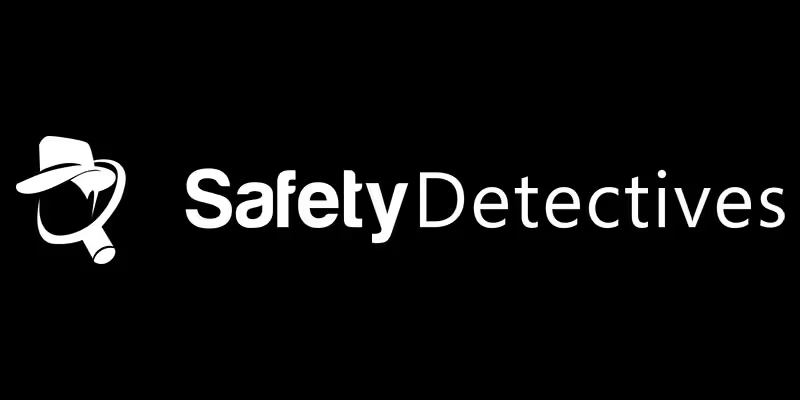


.avif)



-min%25252520(1).avif)











